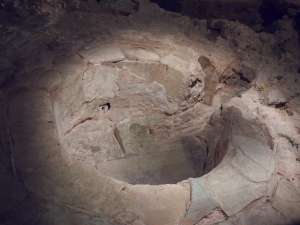Intinction is the practice of administering the Lord’s Supper (Holy Communion) by dipping the bread into the wine rather than by giving the cup directly to the laity. It is not in itself a denial of the cup but arguably it is . . . Continue reading →
Office Hours: Enforcing Law And Preaching Grace
The primary mission of Westminster Seminary California is to prepare men for pastoral ministry. That’s what they have been doing since 1980. They have more than 1100 graduates serving the Lord across the globe and here in the USA, most of whom . . . Continue reading →









